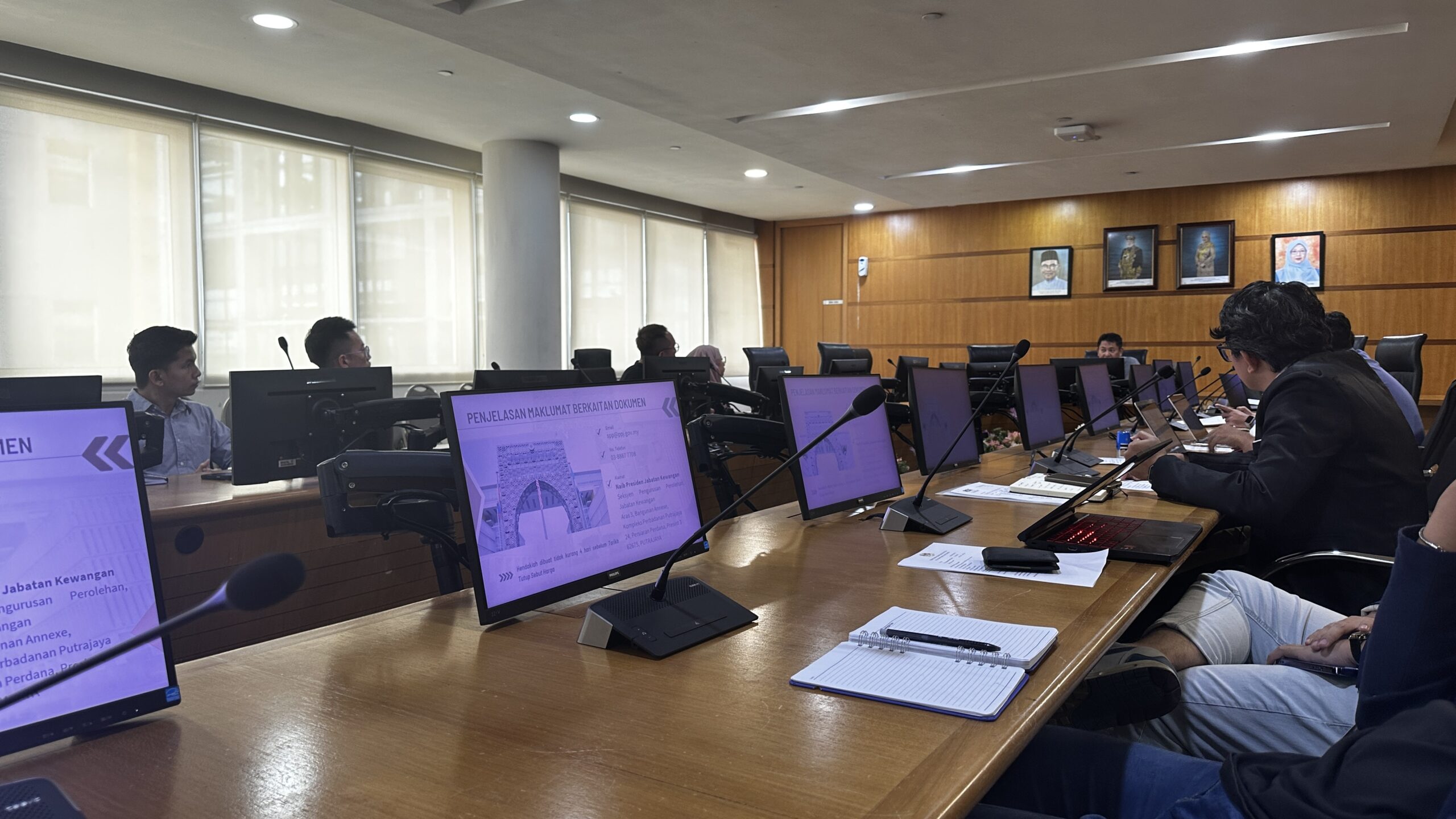A Legal Perspective
In recent years, internet fraud has become a pervasive issue in Malaysia, mirroring global trends as the internet becomes increasingly integral to daily life. As a lawyer, addressing internet fraud involves understanding its complexities, providing effective legal solutions, and advocating for stronger regulatory frameworks.
The Current State of Internet Fraud in Malaysia
Internet fraud in Malaysia encompasses a variety of deceptive practices conducted through online platforms. Common forms include:
- Phishing Scams: Fraudsters use emails or websites that mimic legitimate businesses to steal personal information such as passwords and credit card numbers.
- Investment Scams: These scams promise high returns with little risk, often targeting inexperienced investors.
- E-commerce Scams: Fraudsters exploit online marketplaces by selling non-existent products or failing to deliver goods after payment.
- Romance Scams: Perpetrators establish fake online relationships to gain the victim’s trust and then request money under false pretenses.
The Malaysian Communications and Multimedia Commission (MCMC) reported a significant rise in internet fraud cases, particularly during the COVID-19 pandemic, as more people turned to online transactions.
Legal Challenges and Responses
From a legal perspective, tackling internet fraud involves several challenges:
- Jurisdictional Issues: Internet fraud often crosses international borders, complicating jurisdiction and enforcement.
- Anonymity of Perpetrators: Fraudsters frequently use anonymizing technologies, making it difficult to trace and apprehend them.
- Evolving Tactics: As technology evolves, so do the tactics used by fraudsters, requiring constant updates to legal frameworks and enforcement strategies.
In Malaysia, several laws address internet fraud, including the Computer Crimes Act 1997, the Communications and Multimedia Act 1998, and the Penal Code. These laws provide a framework for prosecuting offenders and protecting victims. However, enforcement remains a challenge due to the rapidly changing nature of cybercrime.
The Lawyer’s Role
As a lawyer dealing with internet fraud, several roles and responsibilities come into play:
- Legal Representation and Advice: Providing victims with legal advice on their rights and the best course of action, including the possibility of civil litigation to recover lost funds.
- Prosecution and Defense: Representing clients in court, whether they are victims seeking justice or defendants accused of internet fraud.
- Advocacy for Stronger Laws: Advocating for legislative reforms to keep pace with evolving cyber threats. This includes pushing for harsher penalties for offenders and better protection mechanisms for victims.
- Public Awareness and Education: Engaging in public education campaigns to raise awareness about the risks of internet fraud and how to avoid falling victim to scams.
Moving Forward
To effectively combat internet fraud in Malaysia, a multi-faceted approach is required:
- Strengthening Legislation: Updating existing laws and introducing new regulations to address emerging threats and close legal loopholes.
- Enhancing Collaboration: Improving collaboration between local and international law enforcement agencies to tackle cross-border internet fraud.
- Investing in Technology: Utilizing advanced technologies for tracking and prosecuting fraudsters, such as artificial intelligence and blockchain for enhanced security.
- Public-Private Partnerships: Encouraging partnerships between government agencies, private sector companies, and non-profit organizations to share knowledge and resources.
Conclusion
Internet fraud poses a significant challenge in Malaysia, affecting individuals and businesses alike. As a lawyer, addressing this issue requires a comprehensive understanding of the legal landscape, proactive advocacy for stronger regulations, and a commitment to educating the public. By adopting a multi-faceted approach, the legal profession can play a pivotal role in combating internet fraud and ensuring a safer online environment for all Malaysians.


Leave a Reply